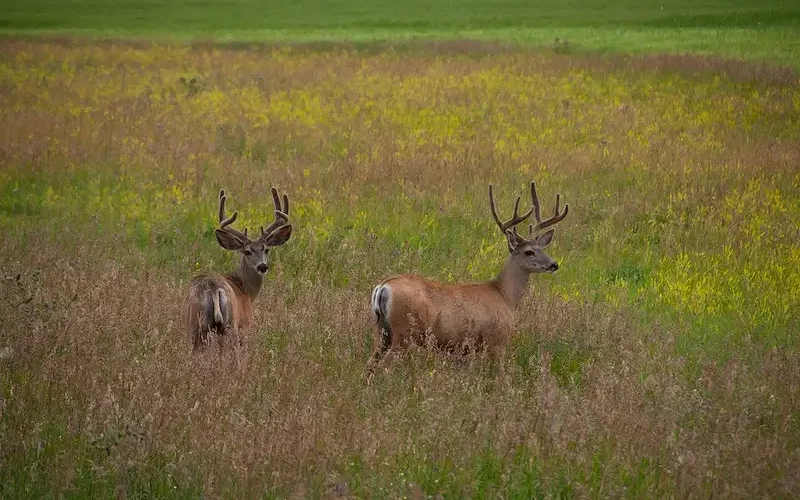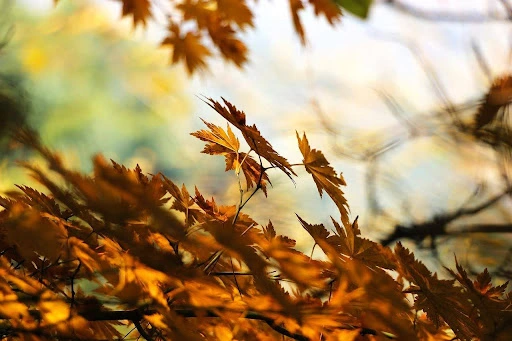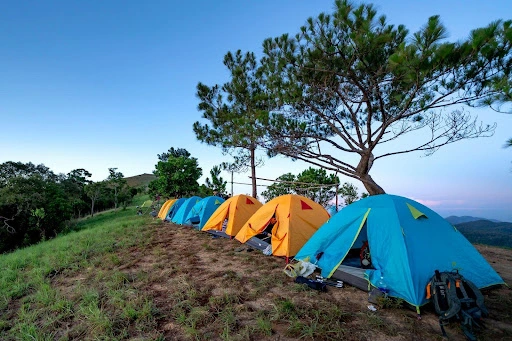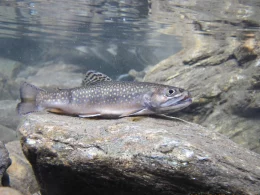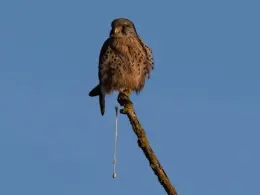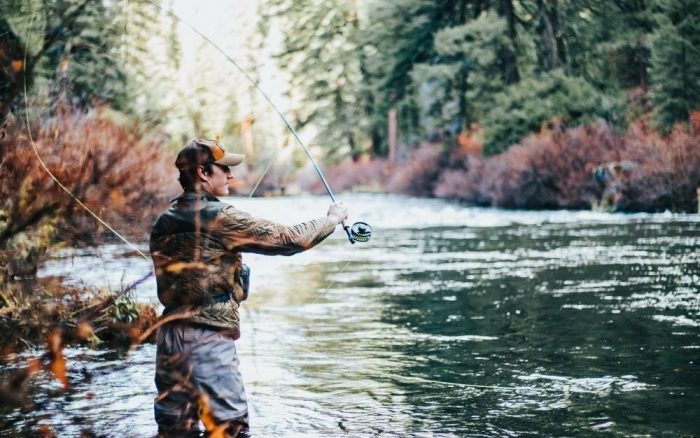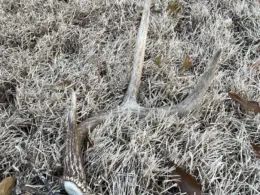As a beginner hunter in some ways myself, I put together the most pertinent information that has helped me go from point “A” to point “B.” I would consider myself a novice deer hunter despite hunting each season for the past 5 years. I say this because I could count the number of deer I have seen on two hands in the past five years when hunting.
Most people are born with someone in the family who is an avid hunter or someone who has done it enough to teach them. I am fortunate enough to have access to hunting land, but nobody to teach me how to hunt that land. When my interest was piqued in highschool, I gravitated towards podcasts, articles and books to learn about deer, their habits, and other pertinent outdoors knowledge.
I have compiled everything that has helped me get started below:
- Getting Hunter-Safety certified
While each state’s hunter safety rules and regulations differ, each one has a safety course you must pass in order to hunt legally and receive a hunting license. Depending on where you live and when you were born will change the course you take online or in person. My suggestion is to purchase the course online from your local Department of Natural Resources and take it online. Most of them only make you pay once you pass. From my experience, it took a couple of days to finish the course and take the test. The course will teach you gun safety, hunter safety, and how to humanely kill a deer. If you have never been around guns, or hunting at all this course information is vital. It will teach you everything necessary to be safe in the deer woods, and with a hunting firearm.
- Reach out to experience people
Once you have completed the hunter safety course, now is a great time to reach out to a more experienced hunter for advice. Showing them you passed the course and have a hunting license shows you are serious about giving hunting a shot.
If you don’t know anyone well enough to ask for hunting advice or to go hunt with them, there are many hunter mentorship programs in every state. Most state’s have a program to hunt with a mentor and learn from them. Also there are countless local sportsman clubs and conservation clubs that exist to share their passion for the outdoors with new members. So many gracious hunters are waiting for someone to ask them for their opinion and expert advice for first-time deer hunters.
- Getting some basic information
After meeting up with a hunting mentor and exchanging contact information, hopefully you can plan a quick hunting trip with your mentor.
Before you hit the woods though, there are some basic things you should know about deer hunting.
Deer season is generally from September- January across the country with some exceptions in different states with longer or shorter seasons.
Some counties have antler restrictions and size limits; make sure you are aware of your local regulations to make sure you are doing everything in your power to be a conservation-minded hunter.
Make sure you are proficient with your rifle before shooting a live animal. Take your gun to the range and ensure it is sighted before each hunt. This is an easy task that a short YouTube video can teach you.
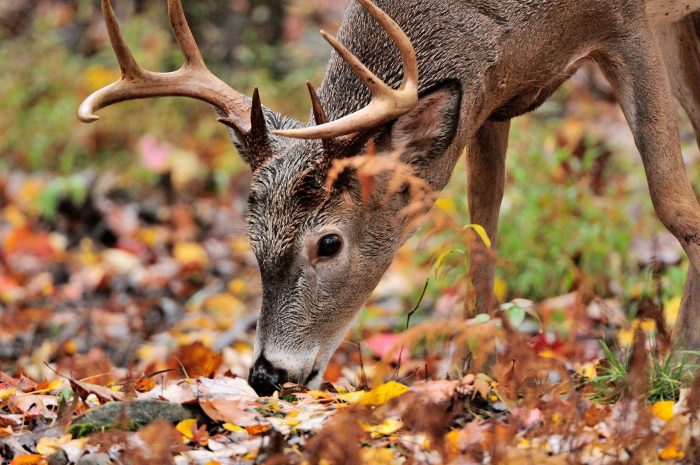
Obviously you got to get some camo! Depending on the exact type of deer hunting you are doing you might need more or less camo, but get some either way. It’ll help you look the part. A jacket and pair of pants will do fine. As far as dressing for hunting it is similar to any outdoor pursuit. Layers are the go to system for staying dry and warm. Depending on the time of year you might need:
- A baselayer- this will wick sweat and keep you cool
- A mid-layer- this will insulate your body
- Outer-layer- this will cut the wind and rain/snow you encounter
- Boots- comfortable to hike in and somewhat weatherproof
Deer are ground-oriented. Almost everything they eat grows from the ground or on trees that hang down to their height. That is why so many hunters hunt from a tree or elevated stand. Also, all of a deer’s predators (coyotes, wolves, bears, fox, etc.) are ground animals as well.
Deer have an excellent sense of smell. They will smell you, and it is always the older and bigger deer that can pinpoint an “off” smell and won’t be tricked by us humans. Scent control is paramount to success
- A golden rule is to ALWAYS HUNT WITH THE WIND AT YOUR FACE- this will blow your scent away from the deer
- There are also sprays you can buy to scent-proof your hunting clothes so you don’t spook deer on the way to your stand
As you most likely already know, most deer hunting is done at dawn and dusk. Deer are most active during these times minus throughout the night.
Weather and even the moon phase (still up for debate amongst some hunters) affect deer movement
- Colder than average temperatures will make the deer get up from their beds and move around
- Also a high pressure will make deer more active
- Warmer than average temperatures and extreme weather will tamper deer movement
- Deer season breakdown
Deer season can be broken down into a couple of different phases. In each phase the deer will act slightly different and prioritize different things.
Early season is from opening say until about mid October
- Deer are still in their summer patterns for the most part with lots of deer eating in open crop fields and similar areas
Pre-Rut is from mid October- late October
- Deer move into their fall patterns now. Hunting pressure has picked up and the weather is cooling down. Deer don’t move out into the open spaces as regularly, and they switch to eating lots of acorns and similar mast crops.
- Deer signs will begin to pop up. Buck deer (males) rub their antlers onto trees to spread their scent- these are called “rubs.” They will also scrape the ground in certain areas with their hoof to show other deer they have been traveling through that area- these are called “scrapes.”
Early Rut is from late October to Early November
- Younger bucks will begin to act differently. The rut is the mating season for deer, and younger bucks first experiencing this will begin to move more.
- More scrapes and rubs should begin to show up, and become more important to focus on when hunting
- Getting between a bucks bedding area and these scrapes or rubs is a good tactic
Rut phase is the first 2 weeks of November
- This is the peak mating season
- All deer are ready to mate and bucks will be chasing does even throughout the day
- Finding deer trails outside feeding areas that show rubs and scrapes would be a great spot to hunt
- – You can hunt all day if you can handle that, because bucks of all ages are looking for a doe in heat
- Lockdown phase is the middle of November to the end of November – Bucks have found their doe and push them into thick cover to breed – It is sometimes hard to hunt this phase, but if you can identify doe and buck bedding areas then you can find deer
Post- rut phase is the end of November
- Lots of hunting pressure has had its time to affect the deer and they typically start responding accordingly
- Think cover and hard to gauge movement becomes what deer stick to – Some does will still enter heat this late and few bucks can be found chasing, but getting where most hunters do not go is your best bet
Another small rut phase occurs at the beginning of December
Most deer are done with breeding and have moved to eating up before it gets very cold. Finding deer moving from their bedding to feeding routes is best – After this deer slow down with cold weather in season and work to sleep and eat in order to make it through the winter.
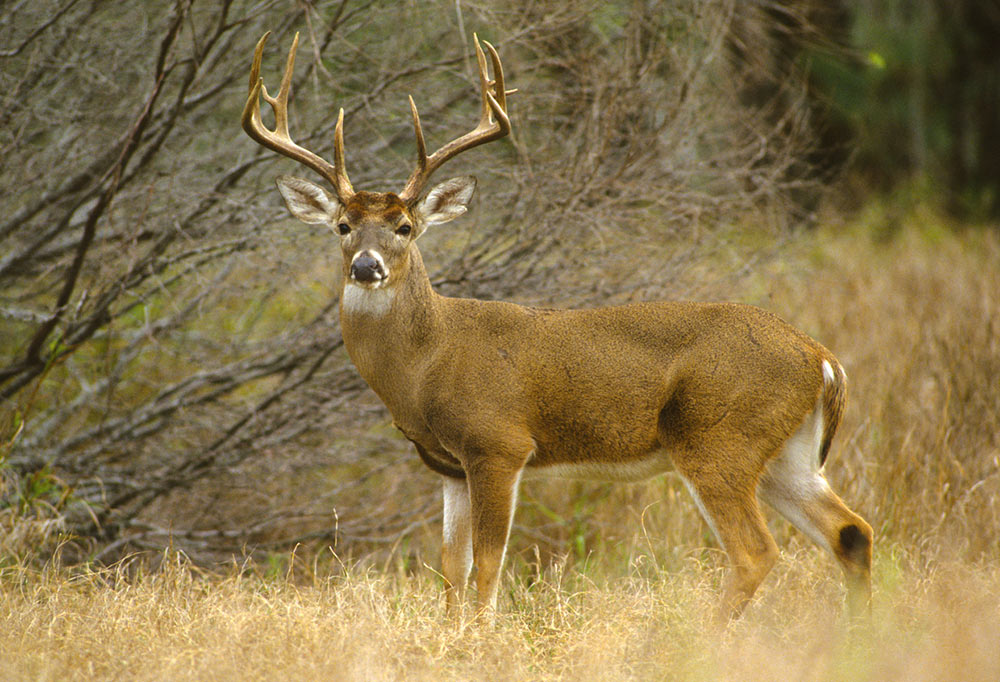
- Go out and get some gear and bring you friends
People can get caught up in the pursuit of shooting a deer, which can be a very rewarding experience. However, deer hunting goes way beyond that. At this point maybe you have made a new friend with your hunting mentor and have adopted a new hobby.
Deer hunting is an amazing tradition that can be and should be shared with loved ones. Setting up camp with friends and having a fire at night while you share stories is just as fun as hunting! You now have the knowledge to harvest meat for your family and know exactly where it came from.
Venison is lean and protein rich food that can feed all your family and friends. Good luck and stay safe out there!

